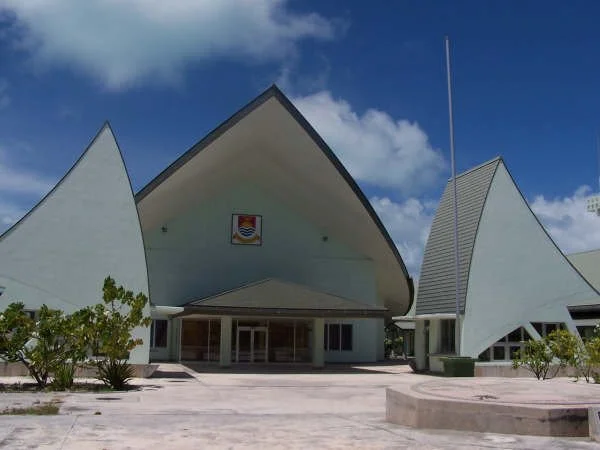Chinese Police Stationed in Kiribati
Ranson Lo | 1 March 2024
Summary
China has stationed up to a dozen police in Kiribati, a Pacific island-state.
The stationing of Chinese police sparked concerns over issues of interference in Kiribati’s democracy and privacy.
In the short-term there is expected further increase in security and strategic cooperation between China and the Pacific countries.
As confirmed by the Kiribati officials, China has stationed up to a dozen police in the country to provide aid in “community policing and crime database programme”. The deployment and increase in security cooperation follows Beijing’s recent campaign to expand its influence in the Pacific, as the world’s largest ocean and its islands are caught in the tides of the emerging US-China rivalry.
Since the late 2010s, China has increased its presence by adopting a more active foreign policy in the Asia Pacific amid rising tensions with the Western democracies, namely the US and Australia. Prior to the deployment of police officers in Kiribati, China signed a security agreement with the Solomon Islands in 2022 and is in talks with Papua New Guinea for a similar deal, alongside the increase in trade and economic partnership with other countries, including East Timor and Fiji.
Apart from the tangible benefits of improving China’s strategic and geopolitical interests by establishing a stronger foothold in the region, its active presence and significant financial incentives provided to the small countries have also been rewarding on the diplomatic front by bolstering Beijing’s international standing. China’s efforts have further weakened Taiwan’s international recognition, as eight countries have switched from recognising Taiwan to China in the past decade, with three of them in the Pacific (Solomon Islands and Kiribati in 2019, Nauru in 2024).
The new scramble for Oceania between the West and China could provide new opportunities for the impoverished Pacific nations (all Oceanic states, except for New Zealand’s GDP per capita, ranked lower than 100 of the world’s 192 economies), as the two sides promised extra aid and support to the continent. Following China’s increasing presence in the Pacific, Australia has increased its Pacific Regional Fund from AUD 396.5m (USD 260m) in 2021-22 to AUD609.2m (USD 399m) in 2022-23 intending to support nation-building and climate change resilience in the island nations.
However, this comes at a greater cost apart from the economic benefits; as suggested by the Center for Strategic and International Studies (CSIS), China propagates its influence and the model of authoritarian governance to the recipient countries, including the exports of surveillance personnel and equipment through the Digital Silk Road (DSR), a major branch composing President Xi Jinping’s flagship policy of the Belt and Road Initiative (BRI). These practices result in a greater risk of the backslide of democracy by providing the governments with the necessary skills and technology to curtail civil freedoms and rights.
Jopolopy/Wikimedia
Forecast
Short-term:
Almost certain that China will seek to further expand its influence in the Pacific amid the US-China rivalry and competition in the Asia Pacific.
Likely China will provide more economic aid and enter security treaties with more Pacific states.
Long-term:
Likely the Pacific, which the US and Australia dominated for decades, would see stronger geopolitical competition as the other theatre of the US-China rivalry.

